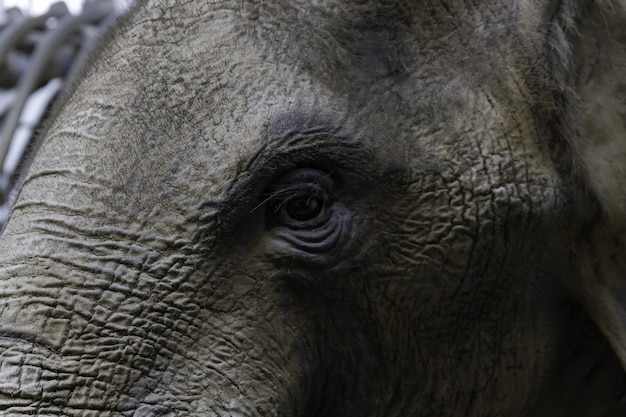When Natasha Pearlman, the executive editor at Glamour US, saw her nine-year-old daughter’s Christmas wish list, it seemed like it had been copied straight from a beauty influencer’s Amazon store. Instead of specific items, the top of the list featured an entire skincare brand: Drunk Elephant. Alongside this coveted brand were gifts like a beauty organizer, a facial roller, Laneige Lip Sleeping Mask, and Sol de Janeiro Brazilian Bum Bum Cream, but it was Drunk Elephant that stood out the most.
Natasha shared that about four months ago, her fourth-grade daughter, Rose, dove headfirst into the world of skincare and makeup. Initially finding it amusing when Rose and her friends played around with makeup, Natasha soon realized it had turned into a quest for must-have products. Drunk Elephant was the brand that captured Rose’s attention first. Shortly after, Rose began requesting specific products such as B-Hydra Intensive Hydration Gel, Protini Polypeptide Cream, and B-Goldi Bright Illuminating Drops, requests that were promptly denied. What does a nine-year-old need with niacinamide anyway? Perhaps Santa would be more understanding? Maybe there’s a Sephora hidden at the North Pole?
Natasha’s experience is not unique. The buzz quickly spread that Drunk Elephant products were topping the holiday wish lists of many young girls in 2023. A casual survey within the Glamour US office revealed that colleagues with daughters, nieces, and younger cousins were all "obsessed" with the brand. Concerned parents took to Instagram, questioning the safety of ingredients like peptides, acids, and retinol on youthful skin. Meanwhile, TikTok exploded with the #KidsatSephora hashtag, amassing over 5 million views, showcasing Drunk Elephant enthusiasts wreaking havoc with tester products in stores.
Founded in 2013 by Tiffany Masterson, a stay-at-home mom, Drunk Elephant was born out of Tiffany’s personal struggles with her skin. According to the brand’s website, Tiffany battled with a combination of oily and sensitive skin, occasional breakouts, mild rosacea, and visible pores. By eliminating ingredients she believed were causing her skin issues and focusing on active ingredients at skin-friendly pH levels, Tiffany crafted the brand’s products.
In the late 2010s, Drunk Elephant skyrocketed to fame just before the pandemic, riding the wave of elaborate skincare routines and Instagram-worthy shelfies. Known for its sleek, minimalist packaging adorned with vibrant colors and whimsical product names, Drunk Elephant was once dubbed "millennial clickbait" by Glamour US. Forbes reported that in 2018, the brand raked in nearly $100 million in net sales, solidifying its position as one of the fastest-growing high-end skincare companies. The following year, beauty powerhouse Shiseido acquired Drunk Elephant for a whopping $845 million.
The question lingers: How did Drunk Elephant find its way onto the Christmas lists of kids who imagine Santa’s elves scooping out dollops of Protini Polypeptide Cream into neon blue jars?
